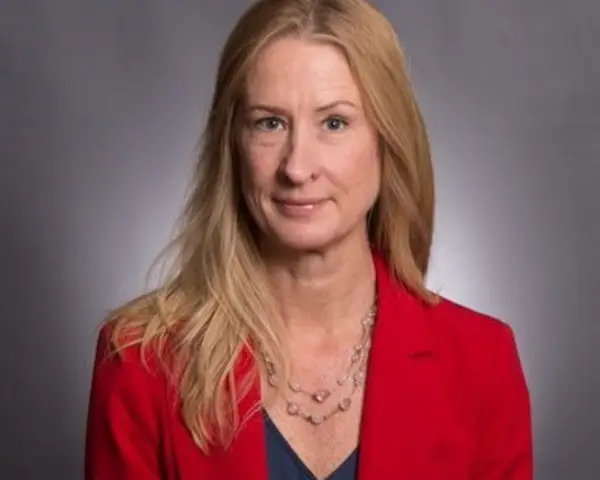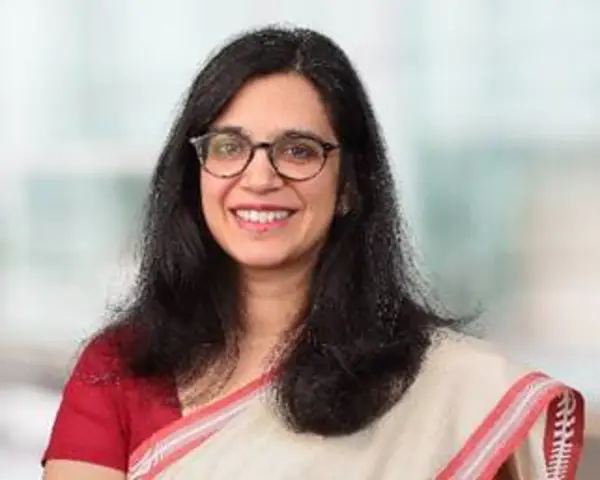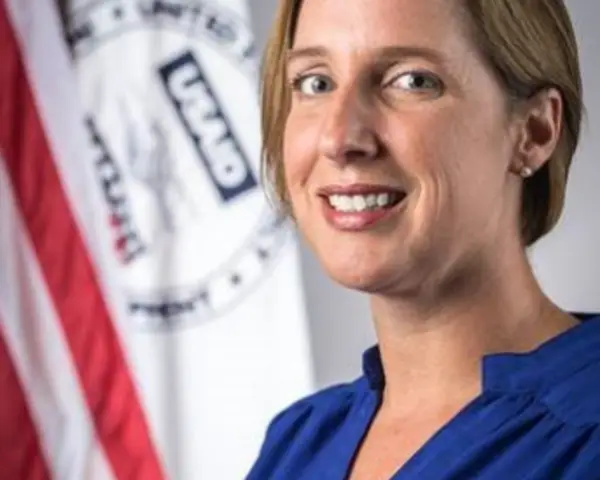Learning and Adapting during COVID-19 Series | Webinar 2: How Health Systems Can Respond to Disruptions
Date
Health systems in low- and middle-income countries face unique challenges as COVID-19 continues to spread across the globe. Is a systems-thinking response in place to sustain primary health care amid the pandemic? How can we ensure that we are retaining quality of health services given the need to reprioritize resources? Why is gathering evidence – through new and emerging research – of paramount importance for informing how health systems can adapt?
View more from the "Learning and Adapting during COVID-19" series.
Watch the Webinar
Hear from our three panelists below. You can also download the presentations:
-
Suneeta Krishnan: COVID-19 in India: Musings on Research and Evaluation in the Context of the Pandemic
-
Margaret E. Kruk: Can COVID-19 be the Tipping Point for High Quality Health Systems
-
Kelly Saldana: Health Systems Strengthening in Light of of COVID-19

Cristina Bisson, Director of Health Systems, RTI International
Cristina Bisson serves as the Health Systems Strengthening Director in RTI’s International Development Group. Cristina is responsible for program development and implementation to strengthen country health systems, particularly integrated service delivery and governance, ensuring access to and use of equitable, high-quality, and sustainable services. She also serves as project manager for the USAID Philippines ReachHealth program, which aims to strengthen and improve access to critical maternal, newborn, and child health, and family planning services. Cristina is a registered nurse and public health practitioner with more than 20 years of experience leading multimillion-dollar global health programs in Africa and Asia, including in Burkina Faso, Ethiopia, Senegal, and Vietnam. She has built expertise in health systems strengthening, integrated service delivery, advocacy, public health policy, strategic planning, training, quality improvement, and collaboration with ministries of health and in-country stakeholders.

Suneeta Krishnan, PhD, Country Lead, Measurement, Learning & Evaluation, India Country Office, Bill & Melinda Gates Foundation
Suneeta is the Deputy Director for Measurement, Learning and Evaluation (MLE) at the Bill and Melinda Gates Foundation’s India Country Office, where she manages a portfolio of mixed methods research and evaluations of reproductive, maternal and newborn health and nutrition, and health systems interventions to inform the foundation’s strategy and program in India. She has extensive experience designing, implementing, and evaluating theory-based health interventions at the level of the individual, family, community, workplace and health system. Prior to her work at the Gates Foundation, Suneeta worked at RTI International, where her research focused on addressing the pathways through which gender and social inequities manifest in adverse health outcomes among women. At RTI, she led a cross-institute team in the establishment of RTI’s subsidiary in New Delhi. Her research and publications over the years have addressed a range of health, nutrition and population challenges facing India: health inequalities, health systems performance, HIV/AIDS, maternal, reproductive and sexual health, and sanitation. Suneeta has a PhD in Epidemiology and Biostatistics from the University of California, Berkeley.

Margaret E. Kruk, MD, MPH, Professor of Health Systems, Department of Global Health and Population, Harvard T.H. Chan School of Public Health
Dr. Margaret E. Kruk is Professor of Health Systems at the Harvard T.H. Chan School of Public Health. Dr. Kruk’s research generates evidence on how health systems can improve health in low- and middle-income countries. She develops novel measures of health system quality and studies the links between quality and population demand for health care, health outcomes, and confidence in the system. She uses implementation science methods to evaluate large-scale health system reforms, and currently collaborates with colleagues in Ethiopia, Kenya, Nepal, and India. Dr. Kruk recently chaired the Lancet Global Health Commission on High Quality Health Systems in the SDG Era (HQSS Commission), a global initiative to redefine and measure quality in the health systems of lower-income countries. Previously, she was Associate Professor of Health Policy and Management and Director of the Better Health Systems Initiative at Columbia University. She has held posts at the United Nations Development Program and McKinsey and Company and practiced medicine in northern Ontario, Canada. She holds an MD degree from McMaster University and an MPH from Harvard University.

Kelly Saldana, Director, Office of Health Systems, USAID
Kelly Saldaña is the Director of the Office of Health Systems for USAID’s Bureau for Global Health. Kelly began her career as the health systems strengthening advisor in the bureau for Latin America and the Caribbean. Next, she spent several years in the Office of Health, Infectious Diseases and Nutrition as the deputy director, where she worked closely with USAID's Malaria, Tuberculosis, Neglected Tropical Diseases, Maternal and Child Heatlh, Nutrition and Global Health Security Agenda teams. Kelly’s career has also included other aspects of public health and international development. She has supported a wide array of programs including the Haiti earthquake response, implementing the inaugural round of the Saving Lives at Birth Grand Challenge and leading development of USAID's Zika response. She has Masters degrees in Public Health and Public and International Affairs from the University of Pittsburgh.